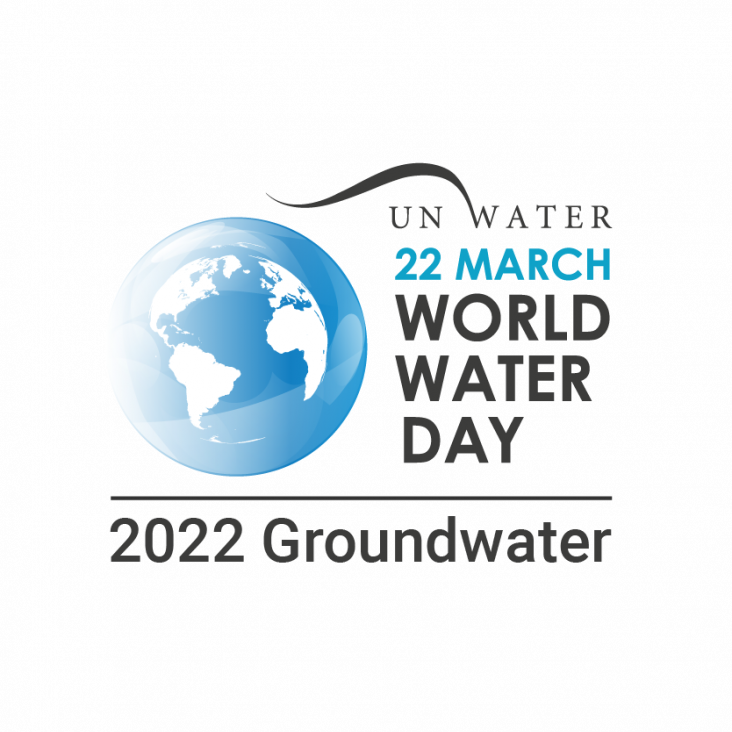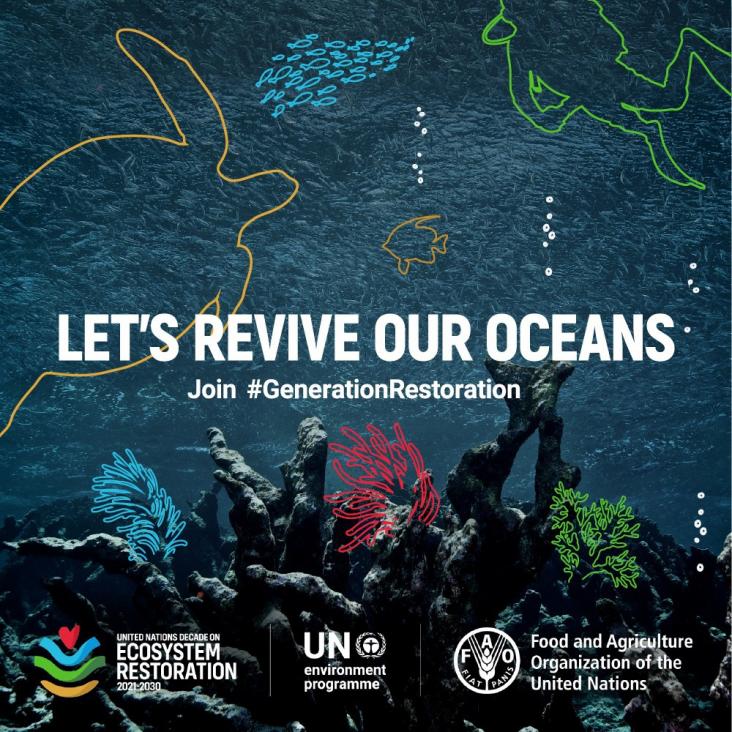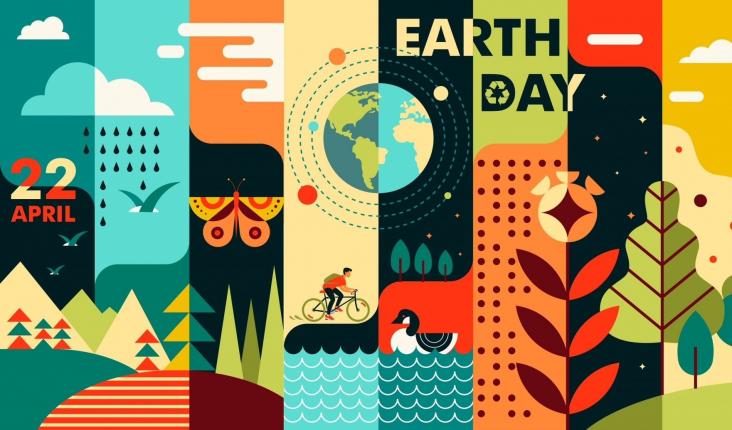
On April 22 every year, we celebrate the anniversary of the birth of the modern environmental movement with Earth Day.


COP26 is the 2021 United Nations annual climate change conference. COP stands for Conference of the Parties.




Over the past five years, we have used data and analytics to help the research and healthcare communities navigate the sea of research and to put collaboration, both interdisciplinary and internati
The new 2030 sustainable development agenda is likely to dominate policy and academic debates at both national and international levels over next 15 years and beyond.

